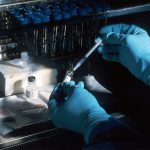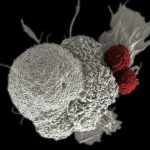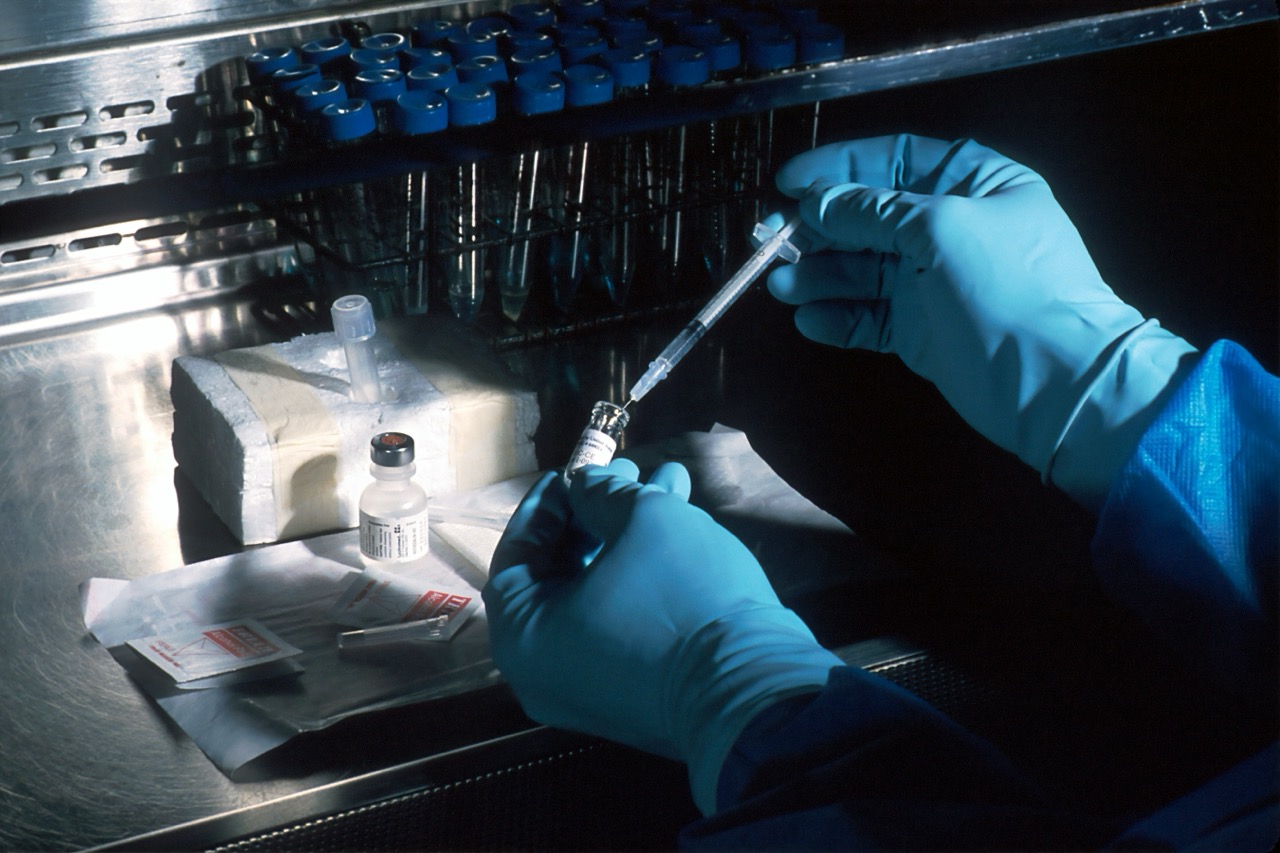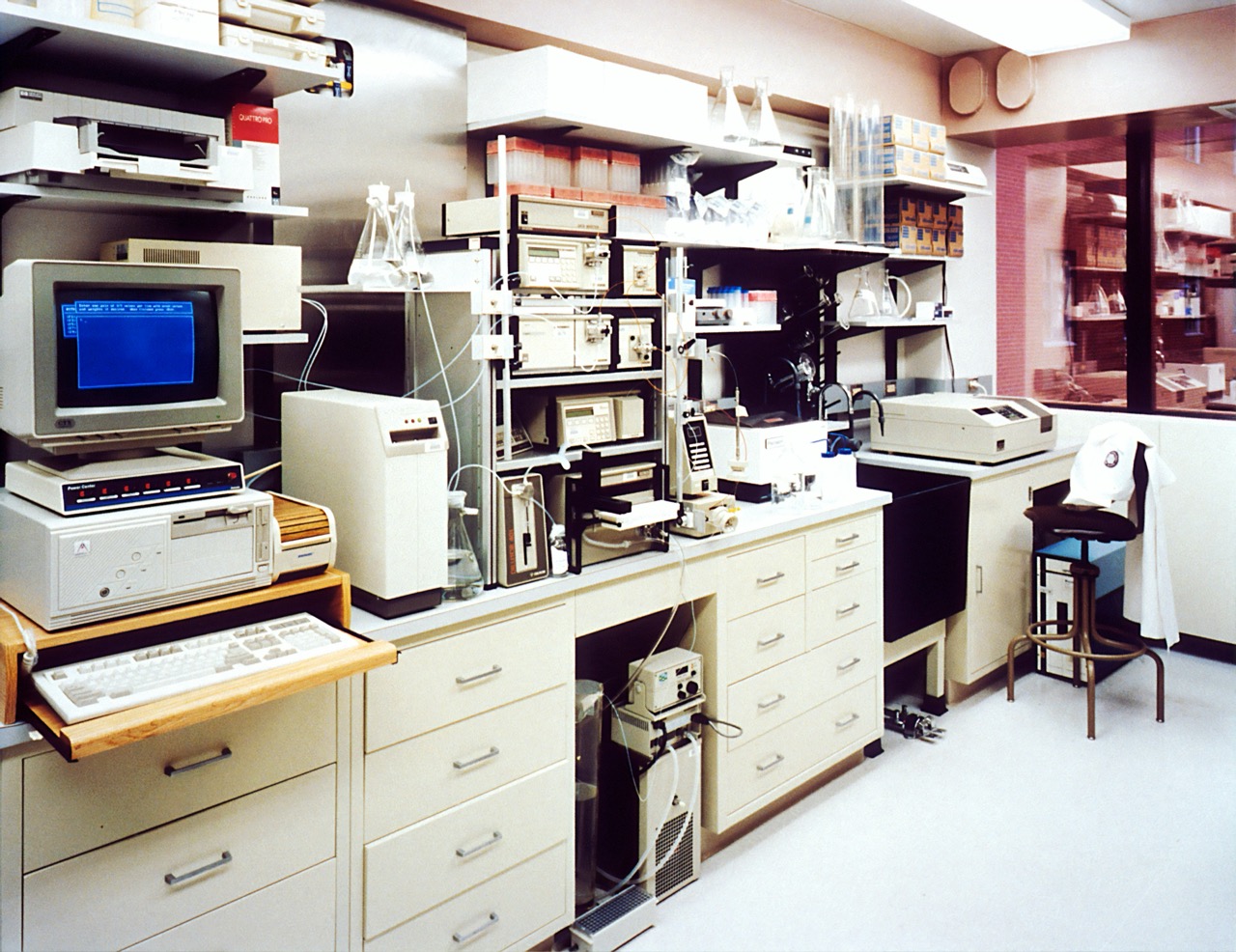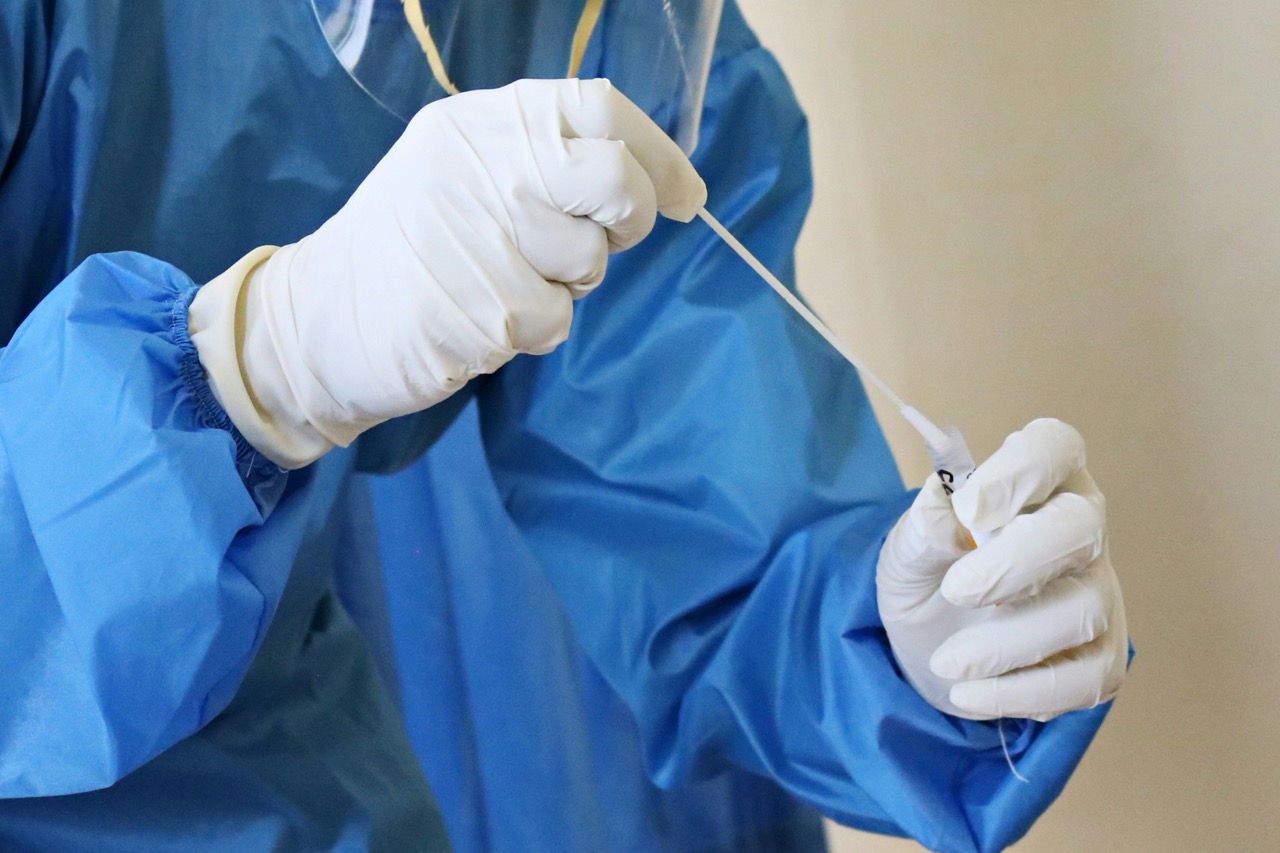Human Papillomavirus (HPV) is a common sexually transmitted infection that affects millions of individuals worldwide. While many may see it as a mere health concern, the emotional repercussions of an HPV diagnosis can be profound and enduring. Understanding HPV and its implications is crucial not only for the physical health of patients but also for their psychological well-being. This article delves into the emotional toll of an HPV diagnosis, exploring its psychological impacts, coping mechanisms, and available support systems.
Understanding HPV: A Comprehensive Overview of the Virus
Human Papillomavirus is a group of over 200 related viruses, some of which are known to cause genital warts and various types of cancer, including cervical cancer. HPV is primarily transmitted through intimate skin-to-skin contact, making it highly prevalent among sexually active individuals. Although many HPV infections resolve spontaneously without causing any health issues, certain high-risk strains can lead to serious medical conditions, necessitating awareness and preventive measures such as vaccines.
The HPV vaccine has been a game-changer in reducing the incidence of HPV-related diseases. However, despite the availability of vaccines, misinformation and stigma surrounding the virus persist. Many individuals diagnosed with HPV may not have been adequately educated about the virus, leading to increased anxiety and confusion. Consequently, patients often find themselves grappling not only with the medical aspects of their diagnosis but also with a host of emotional challenges stemming from societal perceptions and personal beliefs about sexually transmitted infections.
Understanding the nature of HPV entails recognizing that it is a common infection that does not define an individual’s worth or character. Education plays a pivotal role in demystifying the virus and alleviating fears. Acknowledging that HPV can affect anyone, regardless of sexual history, helps to foster a more comprehensive understanding of the virus and its broader implications, ultimately paving the way for healthier dialogues about sexual health.
The Psychological Impact of an HPV Diagnosis on Patients
Receiving an HPV diagnosis can evoke a myriad of emotions, including fear, shame, confusion, and isolation. Patients may experience anxiety about potential health outcomes, particularly in relation to cancer risks associated with high-risk HPV strains. This anxiety can lead to an overwhelming sense of uncertainty about the future, affecting both mental health and overall quality of life. For many, the stigma associated with sexually transmitted infections can exacerbate feelings of shame and guilt, leading to a reluctance to seek support or share their experiences with others.
Moreover, the emotional toll of an HPV diagnosis can manifest in various ways, including depression and diminished self-esteem. Patients may find themselves questioning their self-worth and feeling as though they have lost control over their bodies. This internal struggle can hinder their ability to engage in healthy relationships and affect their sexual well-being. The psychological burden can be compounded by the societal stigma attached to HPV, leading individuals to withdraw from social interactions and support networks, further deepening feelings of isolation.
Navigating the emotional landscape following an HPV diagnosis requires a nuanced understanding of the psychological impacts at play. It is essential to recognize that these feelings are valid and common, and patients are not alone in their experiences. Providing education about HPV and fostering open dialogues can help destigmatize the infection, empowering individuals to confront their emotions and seek the support they need.
Coping Mechanisms: Managing Emotional Distress After HPV
Developing effective coping mechanisms is crucial for patients navigating the emotional distress associated with an HPV diagnosis. One of the most impactful strategies is fostering open communication with trusted friends, family members, or healthcare providers. Sharing experiences and discussing feelings can significantly alleviate the weight of isolation. By engaging in conversations about HPV, patients can dispel myths and misinformation while also realizing that their struggles are shared by others.
Practicing self-care is equally important in managing emotional distress. This may include engaging in mindfulness practices, such as meditation or yoga, which can help reduce anxiety and promote overall well-being. Physical activities, such as exercise, can also serve as powerful stress relievers, allowing individuals to channel their emotions in a positive way. Additionally, maintaining a balanced diet and ensuring adequate sleep can support both physical and mental health, creating a solid foundation for recovery.
Lastly, seeking professional help from mental health professionals can provide patients with valuable coping strategies and therapeutic support. Counseling or therapy can offer a safe space to explore emotions, process feelings of shame or fear, and develop resilience. Mental health professionals can also assist patients in cultivating self-compassion and addressing any underlying issues that may be exacerbating their emotional distress.
Support Systems: Resources for Those Affected by HPV
Support systems play a vital role in helping individuals cope with the emotional toll of an HPV diagnosis. Various organizations and online communities offer resources, information, and a sense of belonging for those affected by the virus. Websites such as the American Sexual Health Association (ASHA) and the HPV and Anal Cancer Foundation provide comprehensive educational materials, along with access to support groups where individuals can share their experiences and connect with others facing similar challenges.
In addition to online resources, local support groups can be invaluable for patients seeking a sense of community. These groups often provide a safe, non-judgmental environment where individuals can share their stories, learn coping strategies, and find comfort in the knowledge that they are not alone. Many healthcare facilities also offer counseling services, allowing patients to access mental health support in tandem with their medical care. This integrated approach promotes holistic well-being, addressing both the physical and emotional aspects of living with HPV.
Lastly, educational outreach and awareness campaigns can help dismantle the stigma surrounding HPV, fostering a more supportive environment for those affected. Promoting open discussions about sexual health and encouraging regular screenings can empower individuals to take control of their health and well-being. By building a network of support and advocacy, we can create a more informed community that enhances the emotional and psychological resilience of those living with HPV.
In conclusion, the emotional toll of an HPV diagnosis is a complex interplay of fear, stigma, and psychological distress. As understanding of the virus grows, it is essential to address not only its medical implications but also its profound emotional impacts. By implementing effective coping mechanisms and establishing supportive resources, individuals can navigate their HPV journeys with resilience and strength. Ultimately, fostering open dialogue and promoting education about HPV can help to alleviate stigma, paving the way for a more compassionate society that supports those affected by this common infection.
